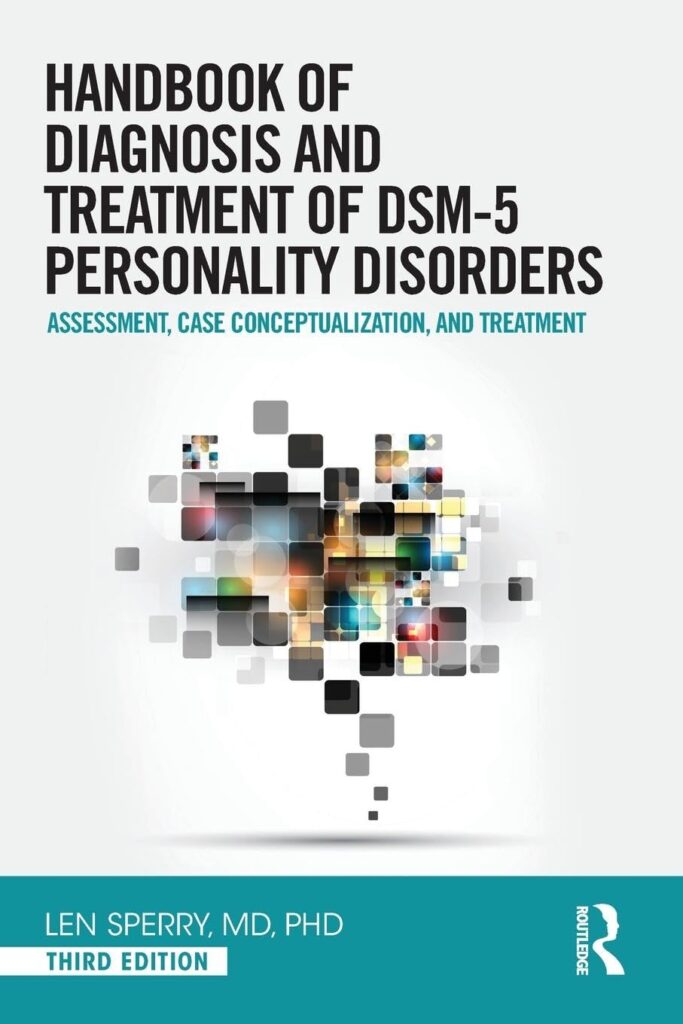
by Len Sperry MD, PhD
Reviewed by Pankaj Kishore, MD (Private Practice, Albany, New York). October 2018.
1. About 50 percent of patients who seek mental health treatment has a personality disorder. Personality disorders are that common!
2. Contrary to what some clinicians may believe, personality disorders CAN be treated.
3. We can screen for these disorders even in busy clinical practices by using “one optimal diagnostic criterion” for each personality disorder.
These are some of the many points that Len Sperry, PhD, makes in this book. Dr. Sperry is an expert in personality disorders and has been researching, publishing and giving talks on the subject for the past thirty years.
The text of the book is clear and easy to understand. Though Sperry supports a dimensional approach to personality disorders, he does describe the ten DSM-5 personality disorders. He shows in this book how different theoretical orientations, like psychodynamic, cognitive-behavioral, and others can be used to understand and treat personality disorders. He offers practical strategies that we can implement right away in our clinical practices.
Overall, I recommend this book highly. It is a very useful, practical guide for clinicians.
[Editor: If any of you has read this book or have an opinion on any other book on this topic, please make sure to leave a comment at the bottom of this page under “Leave a Reply”]
Related Pages
What are the BEST books on each topic related to psychiatry/ mental health?
Disclosure: The links above are Amazon affiliate links. Buying products from Amazon.com using links on this website helps to support this website at no additional cost to the purchaser. But, we still want to be fully transparent about this.
Copyright © 2018 to 2025, Simple and Practical Medical Education, LLC. All rights reserved. The content on this website may not be reproduced in any form without express written permission.
Disclaimer: The material on this website is provided as general education for medical professionals. It is not intended for patients or other laypersons, nor is it a substitute for medical advice, diagnosis, or treatment. Patients must always consult a qualified healthcare professional regarding their diagnosis and treatment. Healthcare professionals should always check this website for the most up-to-date information.

Leave a Reply